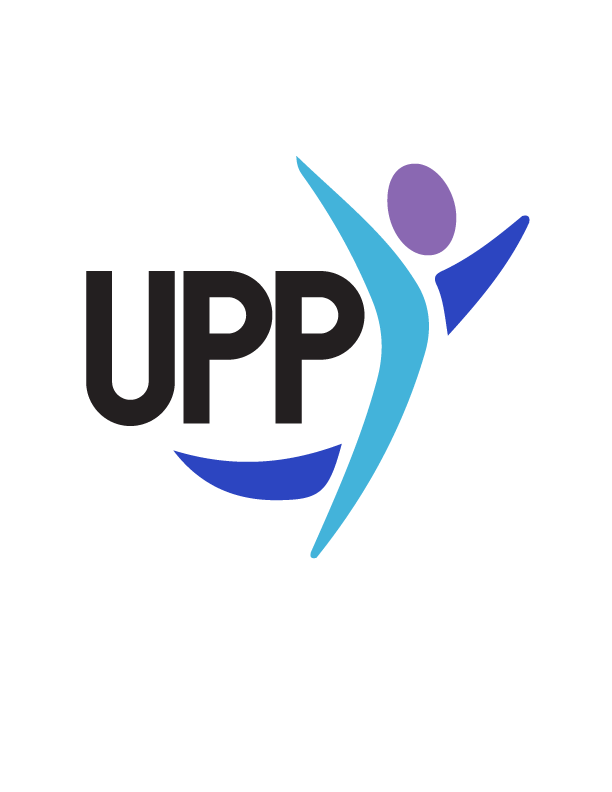Few things in life are as integral to our wellbeing as gratitude. Gratitude trains our brains to scan our environment and focus on the positive. When we are looking for things to be grateful for, we tend to find them. Psychologists call this process of priming your brain to remain on the lookout for opportunities ‘predictive encoding’. They have found that priming your brain to expect a favourable outcome actually encodes your brain to recognise the outcome when it arises (Siefert & Patalano 2001). It makes us about 3 times more likely to notice a positive. In the words of Henry David Thoreau, “It’s not what you look at that matters – it’s what you see.”
People who choose to be grateful wire themselves for more joy, opportunity and positivity. So, it is worthwhile to be a ‘glass-half-full’ sort of person. It has been said that the glass is in fact always full – half full of water and half full of air..
Practising gratitude
Daily gratitude practice resulted in higher reported levels of positive states such as alertness, enthusiasm, determination, attentiveness and energy (Emmons, n.d.). In addition, gratitude correlates with goal attainment, high energy, positive moods, quality of sleep and more positive attitudes towards school and family (Emmons & McCullough 2003). However, Brene Brown at the University of Houston says that having an “attitude of gratitude” or simply “feeling grateful” isn’t enough. Instead, we require tangible gratitude practices (Brown 2012).
There are some simple practices that we can all do to cultivate gratitude in our lives:
Write gratitude letters
Have a gratitude jar (fill it up with notes of what you are grateful for. When it is full, empty it and read all the thankful notes)
Share with your family or friends what went well each day (aka three blessings or three good things)
Start a gratitude journal
Create a gratitude poster/book
Gratitude 365 or 31 (recording gratitude for 365 or 31 days in a row).
Donate, help or give to people who are less fortunate than you.
Click to find out more about our Primary school incursions our Secondary school incursions or our Teacher Professional Development.

